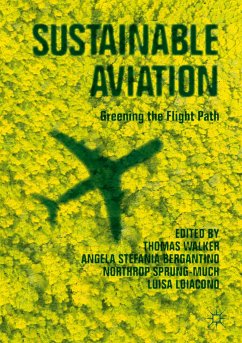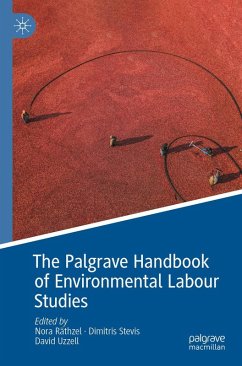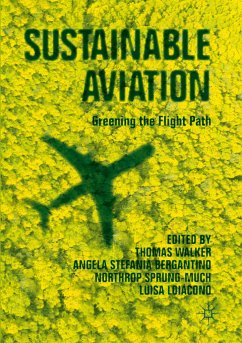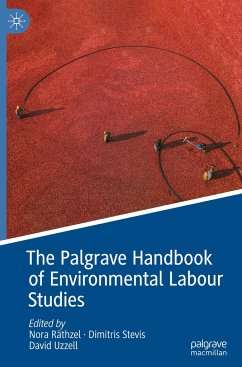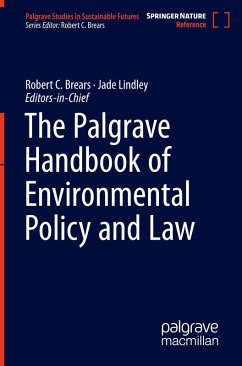Robert Brinkmann is the Dean of the College of Liberal Arts and Sciences at Northern Illinois University. He is also a Professor of Earth, Atmosphere, and Environment. He was born in 1961 in rural Wisconsin and was greatly influenced by his experiences growing up in a quaint, small-town environment. As a child he spent many hours in nature hiking, fishing, and canoeing, especially in the wilderness of northern Wisconsin. In 1979, he entered the Geology program at the University of Wisconsin at Oshkosh. There, he earned a Bachelor of Science with a focus on lithology, mineralogy, and field geology. During this period, he traveled throughout North America and participated in a geology field school in the Yukon. His first publication, on the formation of the Berlin Rhyolite, was published in 1982. After graduation, Brinkmann attended the University of Wisconsin-Milwaukee where he earned an MS in Geology in 1986 and a PhD in Geography in 1989. During this period, he worked in diamond exploration, ice crystallography, and soil chemistry. It was while conducting fieldwork in diamond exploration that Brinkmann began to be influenced by sustainability issues. He found the surface of the world so altered, that it was difficult to obtain undisturbed samples for detailed analysis. He started to take courses with the late Forest Stearns, one of the first ecologists to call for research on urban ecosystems, and the late Robert Eidt, a soil scientist noted for his definition and interpretation of anthrosols, or humanly modified soils. Brinkmann began to study a number of topics including heavy metal geochemistry of garden soils in cities, pre-Islamic agricultural soils in the Arabian Peninsula, and soil and sediment erosion in mountainous regions. Brinkmann also took courses with cave and karst expert, xxi Michael J. Day, and noted archaeologist, Lynne Goldstein. In 1990, Brinkmann became an Assistant Professor at the University of South Floridawhere he continued his research on urban sustainability, particularly as associated with soil and sediment pollution in urban and suburban areas. He became a Full Professor in 2000 and the first Chair of USF's Department of Environmental Science and Policy. He also served as Chair of the Department of Geography and as Interim Associate Dean for Faculty Development in the 2000s. He arrived at Hofstra University in 2011 to start a new Sustainability Studies Program and eventually became Vice Provost for Research and Dean of Graduate Studies. Over the years, he designed a number of courses, including classes on sustainability management, wetlands, and community-based sustainability. He has been involved in a number of projects over the last several years including analysis of sustainability efforts in post-hurricane Long Island, evaluation of international sustainability planning with the United Nations, and research on sustainability in sports. He also served twoterms as Chair of the Board of the National Cave and Karst Research Institute and has served as the Co-Editor of the Southeastern Geographer and Associate Editor for the Journal of Cave and Karst Studies. He has served as an elected officer with a number of national, regional, and local organizations. Brinkmann is also active with human rights issues and sat on the Tampa/Hillsborough Human Rights Task Force that seeks to protect the human rights of all citizens in the Tampa region. Brinkmann is the author of many articles and books including several on sustainability, the only book on the science, policy, and management of urban street sweeping (with Graham Tobin), and the definitive book on sinkholes in Florida. His most recent book, Practical Sustainability: A Guide to a More Sustainable Life, was published in 2022. He has appeared in a variety of media outlets including CBS News and CNN. His blog, On the Brink (www.bobbrinkmann.blogspot), is one of the most popular sustainability blogs on the Internet.






